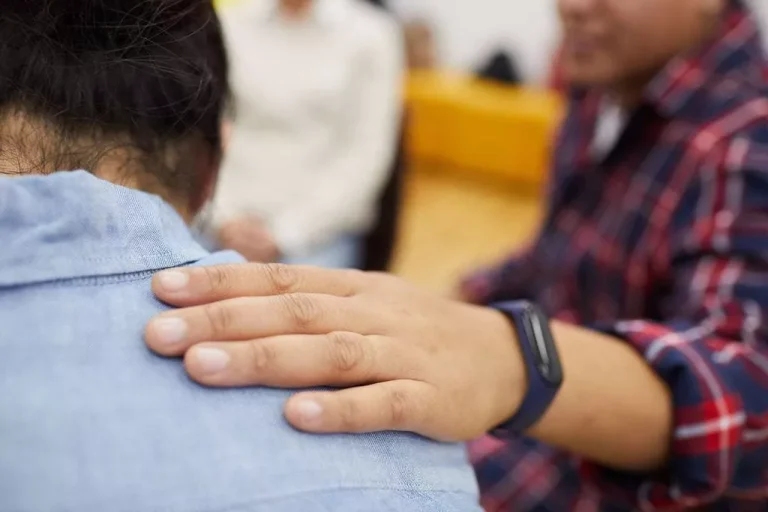
When it comes to tips to stay sober self-care is at the top of the list. The best way to get through a sober holiday season, or any other holiday, is to take time to look after your own needs. But these days, sober travel is no longer just for people in recovery from an alcohol use disorder—booze-free vacations are gaining momentum among other travelers as well. Setting boundaries is essential for protecting your sobriety during the holidays. Don’t hesitate to say “no” to situations that feel overwhelming or compromise your recovery. It might also mean saying no to events, limiting your time with certain family members, or having an exit strategy if you feel triggered.
- There are a million different ways to give back, pay it forward and be of service, and each opportunity guides you further away from resentment, self-pity and fear.
- Discover what kratom does to your kidneys, its risks, and how to manage kidney health effectively.
- Open communication with family and friends about one’s recovery journey significantly enhances the support available.
- Spend time with people who you feel comfortable around, people who lift you up instead of bringing you down.
Is Teen Substance Use Normal?
If you come prepared to protect your sobriety, you should be able to outmaneuver addiction and avoid any potential relapses. For a full list of lighting locations across the country, see the Ceremonial Lighting Partners list. Each year, hundreds of Canadians are killed and thousands are injured in impaired driving crashes. For nearly four decades, Project Red Ribbon has stood as an iconic symbol in the fight against this entirely preventable crime that leaves families shattered and communities grieving. Addiction Resource aims to provide only the most current, accurate information in regards to addiction and addiction treatment, which means we only reference the most credible https://ecosoberhouse.com/article/sobriety-sucks-you-will-definitely-feel-better/ sources available. Don’t worry about facing this holiday season in recovery alone.

The Financial Consequences of Addiction
Isolation and loneliness can be major triggers for relapse, especially during the holidays. Instead of dreading the onset of a holiday, spend the time planning, thinking through possible outcomes, and what to do in response. Or you can connect with a trusted friend or family member who has supported you throughout your recovery journey.
The Importance of Celebrating Milestones in Recovery
Consider playing board games, watching holiday movies, or taking a stroll to gaze at the beautiful lights. Other tried and true stress busters are taking a walk in nature, journaling, or sharing your feelings with a sober holidays loved one. It is easy to let the holiday demands and activities disrupt our daily patterns and routines. This can take a toll on our physical and emotional well-being. Finally, Murray of Hooked recommends that you research which bars and restaurants in your destination have exciting nonalcoholic options. She has noticed an uptick in booze-free dining throughout Europe and the United States, and said she only expects sober travel to become easier in the coming years.

This helpline is answered by Treatment X LLC, an addiction treatment provider with treatment facilities in Ohio, Pennsylvania, and California. If you’ve had a slip, or have relapsed over the holidays, be kind to yourself. An estimated 40% to 60% of people who receive treatment for substance abuse experience relapse at some point. What’s most important in the event of a relapse is how you respond to it. Relapse among people with substance use disorder is not uncommon. Some triggers can be more general, like being at a bar, while others can be very personal to your own experience, such as being with someone you used to drink heavily with.
- Many people have activities or interests that help keep them balanced.
- Explore the financial consequences of addiction, its impact on families, and resources for recovery in Kansas.
- Social situations, parties, and family gatherings can all be potential landmines.
- An estimated 40% to 60% of people who receive treatment for substance abuse experience relapse at some point.

